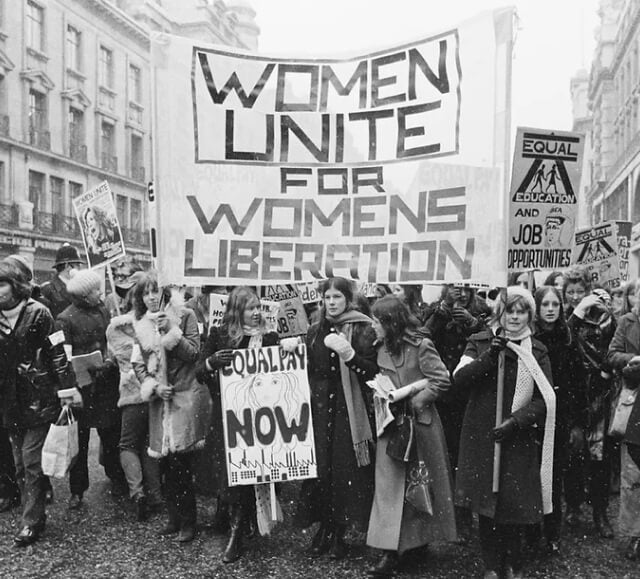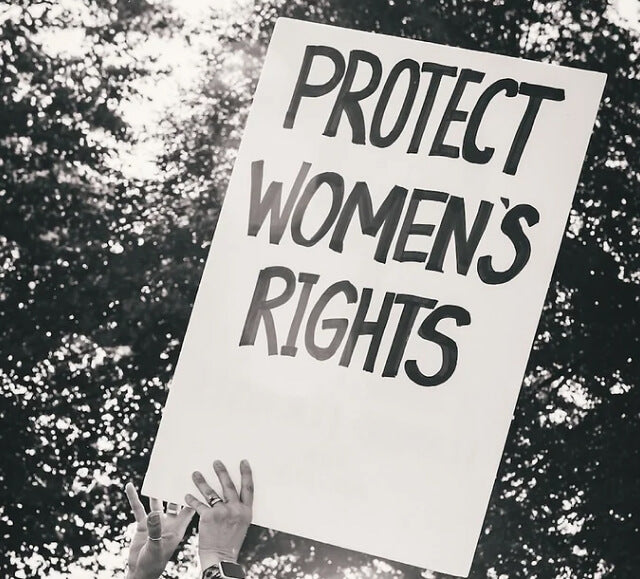
What is Feminism?
The universal definition of feminism is a belief in and advocacy for the social, political, and economic equality of all genders. It strives to dismantle gender-based discrimination and challenges the prevailing norms, systems, and structures that perpetuate inequality and restrict opportunities based on gender. Feminism seeks to create a world where individuals, regardless of their gender identity, have equal rights, opportunities, and access to resources, fostering an inclusive and just society for all.

History of Feminism
The history of feminism is a powerful journey of resilience and progress, spanning centuries of unwavering determination to challenge societal norms and advocate for gender equality. Emerging in the late 19th and early 20th centuries, the first wave of feminism focused on securing women's basic rights, including suffrage and access to education. The second wave, in the mid-20th century, tackled deeper systemic issues like reproductive rights and workplace equality. As time progressed, the third wave emphasized intersectionality, acknowledging the unique struggles faced by women of diverse backgrounds. Presently, the fourth wave continues to push boundaries, harnessing the power of technology and amplifying marginalized voices. Throughout this dynamic history, feminism has evolved into a transformative force, breaking barriers, shattering stereotypes, and paving the way for a more equitable and inclusive future.
Types of Feminists
Feminism, like any broad social movement, encompasses a diverse spectrum of perspectives and approaches, leading to various types of feminists. Diverse schools of thought have emerged, each offering unique perspectives and strategies to address gender inequality and advocate for women's rights. These different types of feminists bring depth and complexity to the movement, enriching the discourse and creating a more inclusive and holistic approach to achieving equality.Let's explore some of the key types of feminists:
-
Intersectional Feminists
These advocates recognize and address the interconnectedness of gender with other aspects of identity, such as race, ethnicity, class, and sexuality, striving for an inclusive and nuanced understanding of inequality.
-
Radical Feminists
Challenging the deep-rooted structures of patriarchy, radical feminists advocate for fundamental social transformation, seeking to dismantle and reconstruct systems that perpetuate gender-based oppression.
-
Liberal Feminists
Focused on achieving gender equality through legal reforms and policy changes, liberal feminists aim to secure equal opportunities and rights for women within existing social and political systems.
-
Eco-Feminists
Drawing connections between the exploitation of women and the degradation of the environment, eco-feminists advocate for a more sustainable and equitable world, recognizing the interdependence of environmental and gender justice.
-
Postcolonial Feminists
These activists critically analyze the impact of colonialism and imperialism on gender relations, urging for decolonization and amplification of marginalized voices in the pursuit of gender equality.






